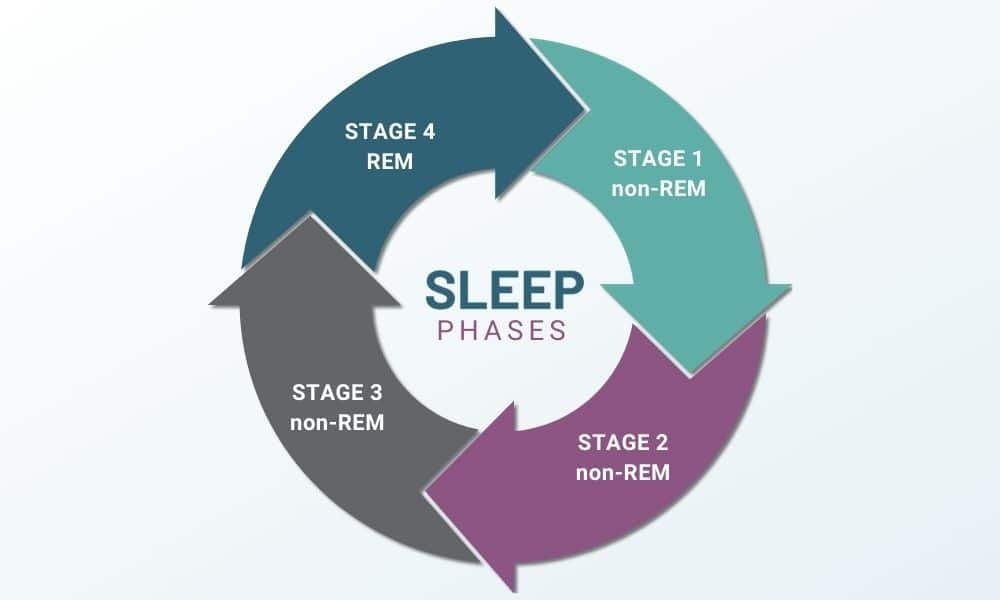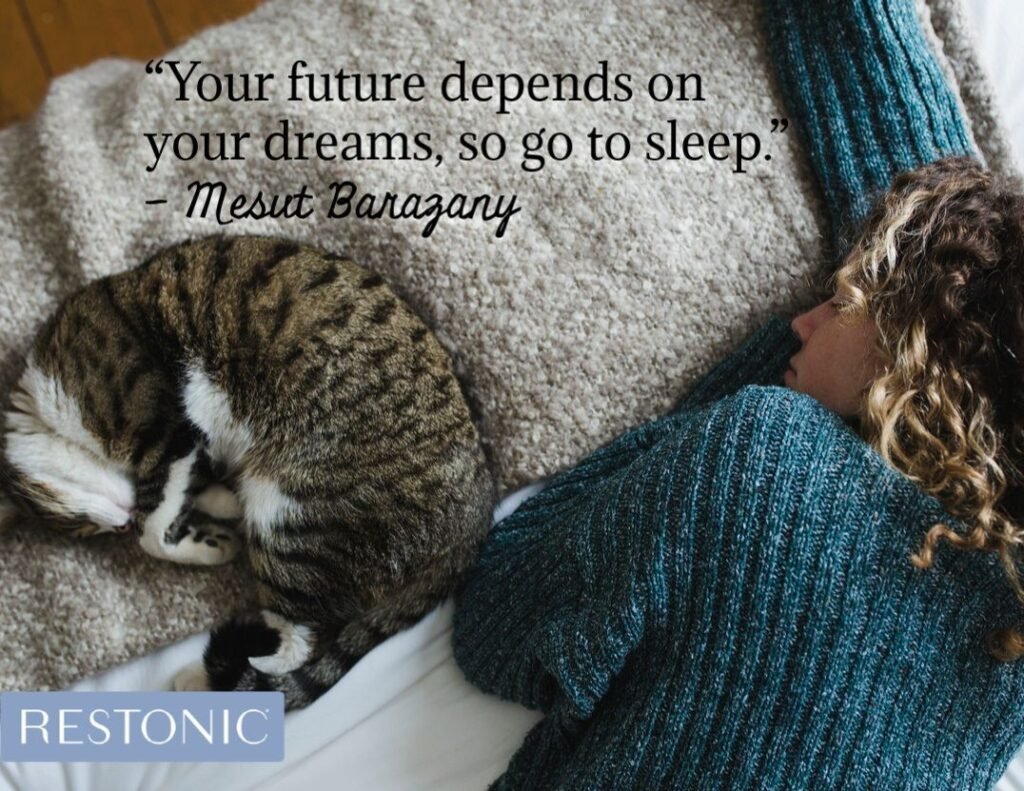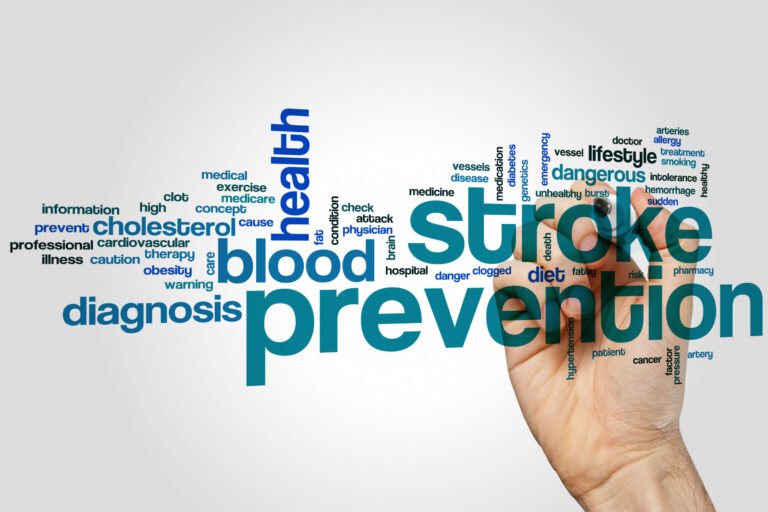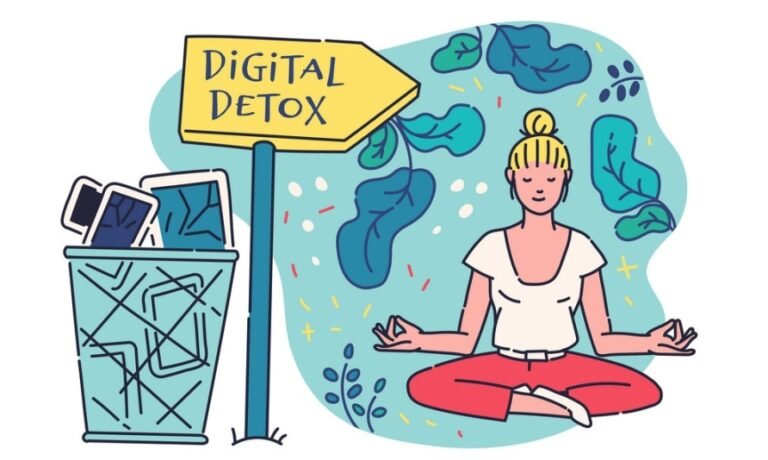Sleep Optimization: Why Quality Sleep is the Ultimate Health Hack
In today’s always-on world, we often wear our lack of sleep as a badge of honor, sacrificing rest for work deadlines, social commitments, or late-night Netflix binges. But what if I told you that prioritizing sleep could be the most powerful health decision you make? From boosting brain power and mood to fortifying your immune system, quality sleep is the ultimate health hack—and one that’s often overlooked.
The Science of Sleep: Why We Need It
Sleep is a lot more than just shutting down for the night. It’s a dynamic, active period that plays a critical role in our health and well-being. Your body cycles through stages of light, deep, and REM (rapid eye movement) sleep multiple times each night, and each stage serves a unique purpose:

- Non-REM Sleep: This is where the magic of physical healing happens. Your body repairs tissues, builds bone and muscle, and strengthens the immune system.
- REM Sleep: Often dubbed as “dream sleep,” REM is essential for cognitive functions like learning, memory, and mood regulation.
“Sleep is the single most effective thing we can do to reset our brain and body health each day,” says Dr. Matthew Walker, neuroscientist and author of Why We Sleep. Neglecting it, he warns, disrupts nearly every physiological function.
Why Quality Sleep is a Game-Changer for Health

- Boosts Brain Power and Mental Health
- Sleep helps consolidate memories, sharpens focus, and sparks creativity. It’s during sleep that your brain makes sense of all the information you’ve taken in during the day.
- Chronic sleep deprivation is linked to mood disorders like anxiety and depression. It also increases the risk of cognitive decline and neurodegenerative diseases like Alzheimer’s.
- Strengthens Immunity
- Ever wonder why you’re more likely to catch a cold when you’re sleep-deprived? That’s because during sleep, your body produces cytokines, proteins that help combat infection and inflammation.
- Long-term sleep deprivation can compromise your immune system, making you more vulnerable to infections and chronic illnesses.
- Regulates Hormones and Metabolism
- Sleep affects hormones that control appetite, like ghrelin and leptin. Lack of sleep can spike hunger levels and lead to weight gain.
- It also influences how your body responds to insulin, the hormone that controls blood sugar levels, which is why poor sleep is a risk factor for type 2 diabetes.
How Much Sleep Do You Really Need?
Sleep requirements vary by age and individual needs. According to the National Sleep Foundation:
- Adults (18-64 years): 7-9 hours per night
- Older Adults (65+ years): 7-8 hours per night
“It’s not just about the quantity of sleep but the quality,” explains Dr. Michael Breus, a clinical psychologist and sleep expert. Deep sleep stages are particularly crucial for overall health and well-being.
Common Sleep Killers You Need to Avoid

- Stress and Anxiety
- Stress activates your fight-or-flight response, making it tough to relax and drift off. Chronic anxiety can even lead to long-term insomnia.
- Disruptive Sleep Environment
- Light, noise, and an uncomfortable mattress can wreck your sleep. To truly rest, your bedroom should be a sanctuary of darkness, quiet, and comfort.
- Tech Overload
- Blue light from screens suppresses melatonin, the hormone that makes you sleepy. Try a digital detox at least an hour before bed.
- Inconsistent Sleep Schedule
- Irregular sleep patterns can throw off your circadian rhythm—your body’s natural clock. Sticking to a regular sleep-wake schedule is key to getting quality sleep.
How to Optimize Your Sleep: Practical Tips for Better Rest

- Stick to a Sleep Schedule
- Go to bed and wake up at the same time every day, even on weekends. This helps regulate your body’s internal clock, making it easier to fall asleep and wake up naturally.
- Create a Restful Environment
- Keep your bedroom cool, quiet, and dark. Invest in a good-quality mattress and pillows. Blackout curtains, white noise machines, and earplugs can also help block out disturbances.
- Limit Exposure to Blue Light
- Reduce screen time at least an hour before bed. Use apps that filter blue light on your devices or switch to reading a physical book.
- Watch What You Eat and Drink
- Avoid heavy meals, caffeine, and alcohol close to bedtime. These can disrupt sleep by causing indigestion or stimulating your nervous system.
- Try Relaxation Techniques
- Deep breathing, meditation, and gentle yoga can help calm your mind and prepare your body for sleep. Apps like Calm or Headspace offer guided sessions to ease you into slumber.
- Seek Professional Help for Chronic Issues
- If you’ve tried everything and still struggle with sleep, consider cognitive-behavioral therapy for insomnia (CBT-I), a proven method to treat sleep disorders.
Supplements: Proceed with Caution
While some supplements like melatonin, magnesium, or valerian root might help, they are not a magic bullet. “Supplements should never be your first line of defense,” advises Dr. Andrew Huberman, a neuroscientist and sleep expert. Always consult your healthcare provider before starting any supplement regimen, as they can interact with medications or have unwanted side effects.
A Real-Life Story: Sleep Changed My Life
Meet Sarah, a 35-year-old marketing executive who struggled with chronic insomnia for years. Between long work hours, a hectic social life, and constant screen time, she was lucky to get four hours of sleep a night. Exhausted and on the brink of burnout, Sarah decided to overhaul her sleep habits.
She set a consistent bedtime, cut down on caffeine, and started a bedtime ritual that included reading and meditation. Within a month, Sarah was sleeping a solid seven hours every night. “I feel like a completely different person—more energized, focused, and positive,” she says. Sarah’s story is a powerful reminder that small changes can lead to big transformations.
Interactive Element: Calculate Your Heart Disease Risk
Want to know your heart disease risk based on your sleep and lifestyle habits? Use our interactive Heart Disease Risk Calculator to get personalized insights and tips!
Expert Opinions and Resources
- Dr. Matthew Walker, Ph.D., author of Why We Sleep: “Sleep is not an optional lifestyle luxury. It is a non-negotiable biological necessity.”
- Dr. Michael Breus, Clinical Psychologist and Sleep Specialist: “Optimizing sleep quality is one of the most effective ways to improve overall health and well-being.”
- Dr. Andrew Huberman, Neuroscientist: “Proper sleep is crucial for mental and physical performance. It’s the foundation upon which all other health habits are built.”
For more information and personalized advice, visit reputable sources like:
Final Thoughts: Make Sleep Your Ultimate Health Hack
Quality sleep is more than just a nightly ritual—it’s a powerful tool for enhancing your health and well-being. By understanding the science of sleep and implementing proven strategies, you can optimize your rest and unlock a healthier, more productive life.
So, are you ready to make sleep your ultimate health hack? Don’t wait—start prioritizing your sleep tonight!
for more information








One Comment
Comments are closed.